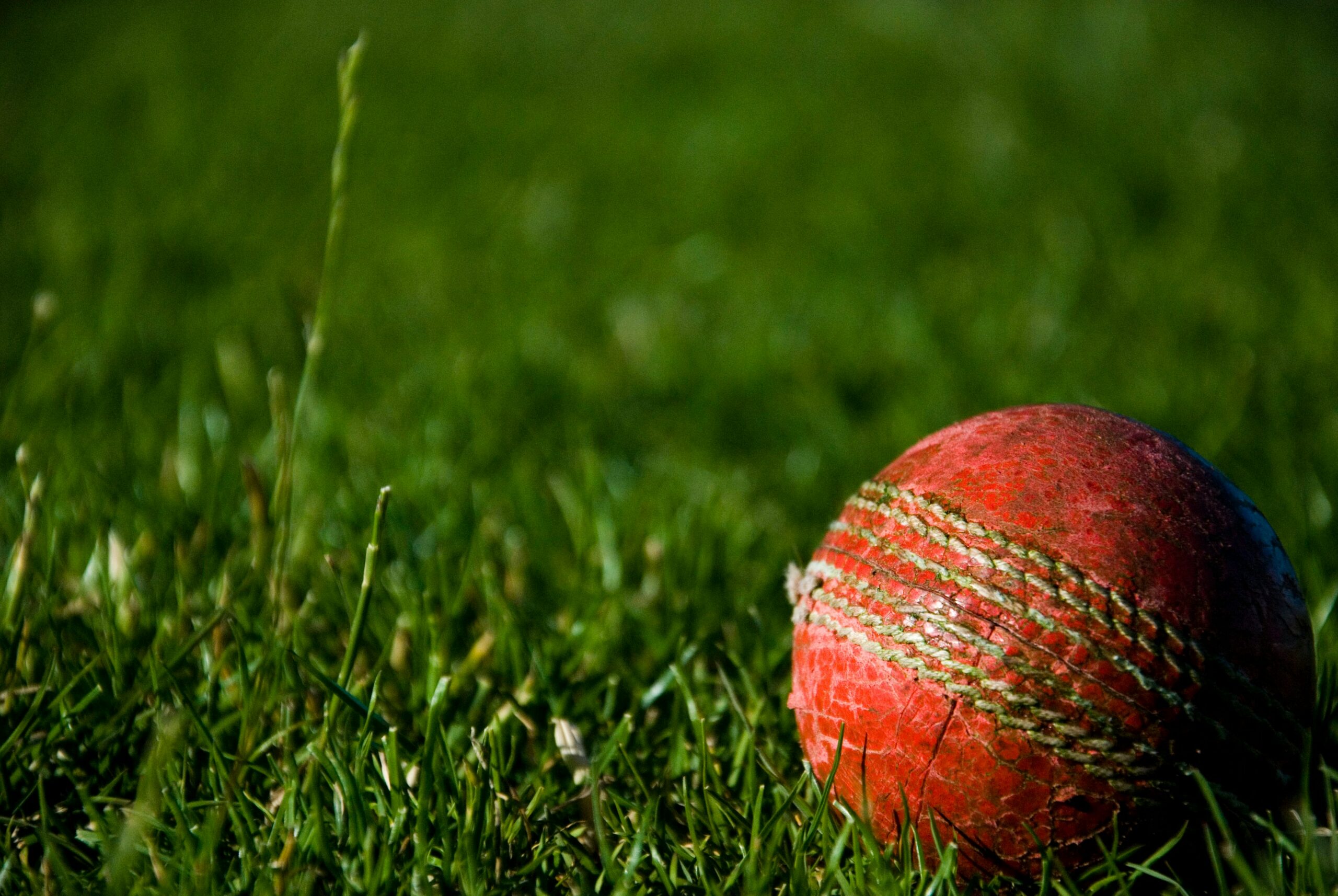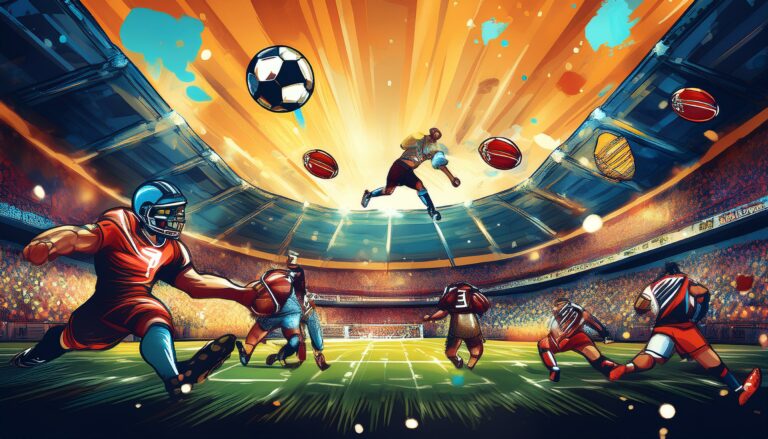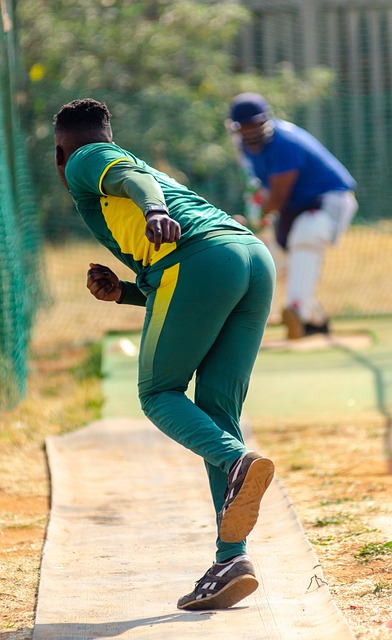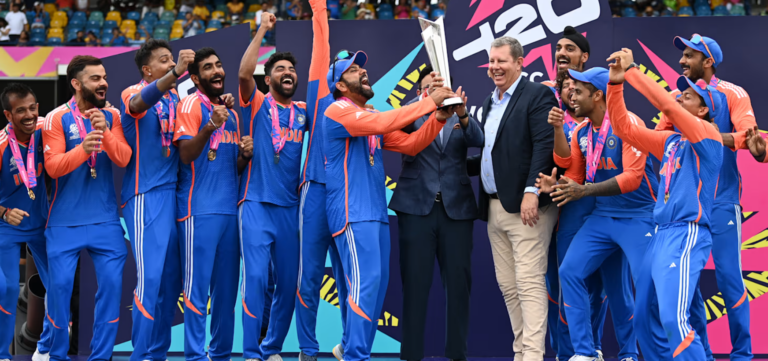Importance of Hydration in Football
Laserbook247, Yolo247 Sign Up:Staying hydrated is crucial for athletes aiming to perform at their peak. Dehydration can hinder sports performance in various ways, leading to decreased endurance, reduced strength, impaired coordination, and slower reaction times. Even a slight drop in hydration levels can have a significant impact on an athlete’s overall performance and recovery.
Proper hydration is not only essential during training and competitions but also plays a vital role in injury prevention. Dehydration can increase the risk of muscle cramps, strains, and heat-related illnesses, which can sideline athletes and disrupt their training schedules. By staying adequately hydrated, athletes can support their body’s ability to regulate temperature, maintain electrolyte balance, and optimize overall performance on the field.
Signs of Dehydration in Football Players
Dehydration in football players can have serious consequences on their performance and health. It is crucial for athletes to recognize the signs of dehydration to prevent any adverse effects during training or matches. One common indicator of dehydration is increased thirst, as the body attempts to compensate for the loss of fluids.
Additionally, dark yellow urine or infrequent urination may signal dehydration in football players. Monitoring urine color and frequency can provide valuable insights into the player’s hydration status. Other symptoms to look out for include dizziness, fatigue, and cramping, which can significantly impact an athlete’s ability to perform at their best on the field.
The Role of Electrolytes in Hydration
Maintaining proper electrolyte balance is crucial for optimal hydration in athletes. Electrolytes such as sodium, potassium, calcium, and magnesium play a vital role in regulating fluid balance within the body. When athletes engage in intense physical activity and sweat profusely, they lose significant amounts of electrolytes, which can lead to dehydration and negatively impact performance.
Hydration alone is not enough to replenish electrolytes lost during exercise; athletes must also focus on consuming electrolyte-rich foods and beverages. Sports drinks containing electrolytes are commonly used to rehydrate and replenish electrolytes during and after physical activity. Additionally, incorporating foods high in electrolytes, such as bananas, oranges, and nuts, into their diets can help athletes maintain proper electrolyte levels and support optimal athletic performance.
What are electrolytes?
Electrolytes are minerals in your body that have an electric charge. They play a crucial role in maintaining proper hydration levels and overall bodily function.
Why are electrolytes important for hydration?
Electrolytes help regulate the balance of fluids in your body, which is essential for staying properly hydrated. They also help with muscle function and nerve signaling.
How do athletes benefit from electrolyte consumption during exercise?
Athletes lose electrolytes through sweat during intense exercise, so replenishing them with electrolyte-rich fluids helps maintain hydration levels and performance.
What are some common sources of electrolytes?
Common sources of electrolytes include sports drinks, coconut water, bananas, leafy greens, and nuts.
How can you tell if you need more electrolytes?
Signs of electrolyte imbalance include muscle cramps, fatigue, dizziness, and nausea. If you experience any of these symptoms, it may be a sign that you need to increase your electrolyte intake.
Can you consume too many electrolytes?
Yes, consuming too many electrolytes can lead to an imbalance in your body, known as electrolyte toxicity. It is important to maintain a balance and not overconsume electrolyte-rich foods and drinks.







